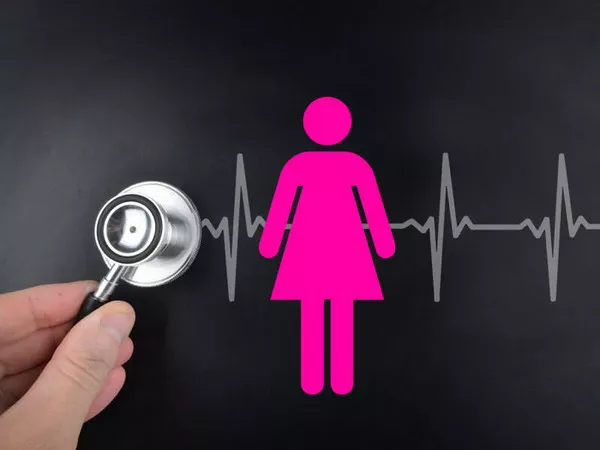A groundbreaking research initiative at the Perelman School of Medicine, University of Pennsylvania, aims to unlock the mysteries of the human virome—the vast array of viruses that inhabit our bodies. While the human microbiome, the ecosystem of bacteria and other microorganisms, has been extensively studied for over a decade, much less is known about the virome and its potential influence on health and disease. With the goal of identifying, quantifying, and classifying these viruses, the project could pave the way for novel treatments and disease prevention strategies.
This ambitious research project, which involves collaboration with Penn Dental Medicine and the Children’s Hospital of Philadelphia (CHOP), is supported by a five-year, $20 million grant from the National Institutes of Health’s (NIH) Human Virome Program. The team, led by Dr. Ron Collman, Professor of Pulmonary, Allergy, and Critical Care at Penn, and Dr. Frederic Bushman, William Maul Measey Professor in Microbiology at Penn, will focus on viruses found in four key areas: the gut, upper respiratory system and lungs, mouth, and blood.
Viruses can exist within the body in different forms. Some, like influenza and SARS-CoV-2, are short-lived and can cause acute illness, while others, such as HIV and the varicella-zoster virus (which causes chickenpox and shingles), can persist in the body for years. These persistent viruses may cause no symptoms at all, but their presence could still influence health, either directly or indirectly. As Dr. Collman explains, some viruses may play roles in biological processes, even when they do not manifest as illness. For example, the cytomegalovirus (CMV), which often goes unnoticed by its host, has been linked to immune system aging.
“Our body is full of ‘hitchhikers’ like CMV that typically don’t make us ill, but may play an important role in our biological processes,” said Dr. Collman.
In addition to viruses that infect human cells, the human microbiome is also home to a vast array of viruses that live in the cells of microorganisms. The impact of these viruses on the microbiome and, by extension, human health, remains poorly understood.
To track the evolution of the virome, the researchers will analyze both fresh samples and older samples preserved in biobanks at Penn and CHOP. This will allow them to observe how the virome changes over time and how those changes might correlate with disease.
The study builds on earlier advances in microbiome research, which have made significant strides in the past 15 years. Dr. Bushman, along with his colleagues, was instrumental in charting the gut microbiome and its developmental stages, especially in newborns. However, he points out that viruses remain more challenging to study than bacteria.
“Virome research lags behind microbiome research,” said Dr. Bushman. “Bacteria are much larger than viruses, and until recently, we did not have the technology, sequencing tools, and computational capacity to study viruses in the same way.”
This project marks Phase 1 of the NIH’s Human Virome Program, with Phase 2 set to explore the interactions between viruses and their environments. Alongside Collman and Bushman, the research team includes experts from Penn Medicine, including Jim Lewis, Andrew Haas, Gary Wu, Hongzhe Lee, Steven Joffe, Holly Fernandez-Lynch, and Justin Clapp.
The initiative is supported by a grant from the NIH Common Fund, which provides funding for high-impact, innovative research projects. The outcomes of this study could redefine our understanding of how viruses influence human health and potentially lead to breakthroughs in disease treatment and prevention.
You Might Be Interested In:
-
Study Links Fiber Consumption to Epigenetic Changes with Anti-Cancer Effects
-
Dairy Products Linked to Lower Colorectal Cancer Risk, Thanks to Calcium
-
Delayed Brain Maturation Linked to Unhealthy Eating Behaviors in Youth

